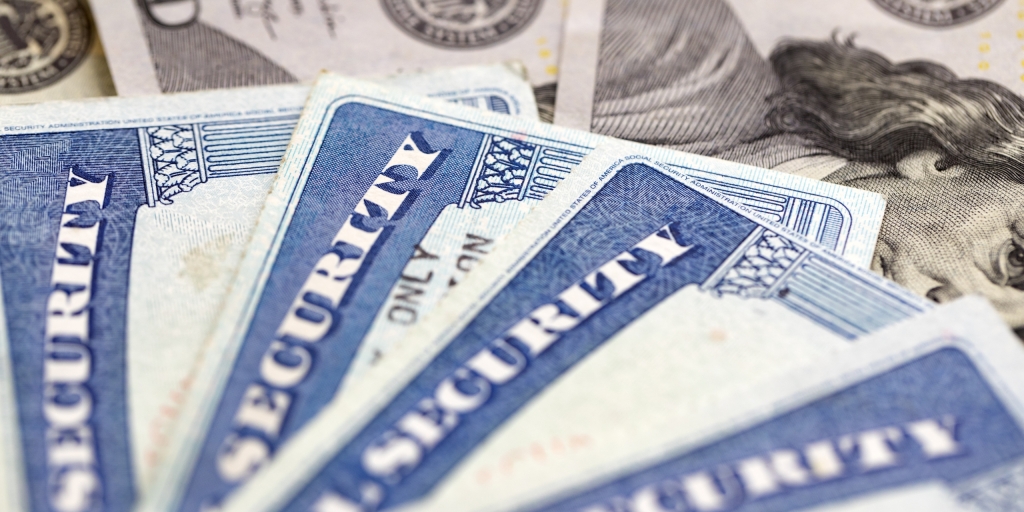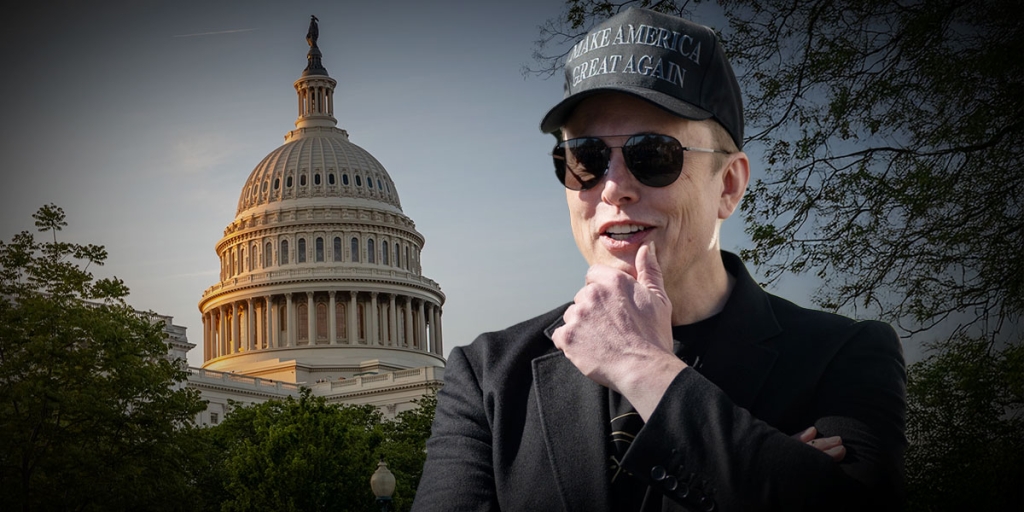The Biden Administration is battling what it terms “junk fees.” Is this consumer protection, or will it simply create additional costly regulation? The answer depends largely on how one views competition in markets.
The term junk fees include bank overdraft fees, credit card late fees, airline baggage and seat selection fees, hotel resort and destination fees, and entertainment ticket fees. In addition to capping or eliminating such fees, the Administration also wants transparency in pricing.
Before discussing any fees in detail, let’s consider the pricing process in markets. As economist Thomas Sowell observes, most intellectuals believe businesses exercise
considerable discretion over prices. Only public pressure or potential government
action checks corporate greed. Junk fees emerge from this rapaciousness to increase
revenue extraction from hapless consumers.
An alternative view recognizes that every purchase in the market is voluntary and that businesses face competition. The competition can be direct – from a rival airline – or indirect – travelers driving instead of flying. Businesses can set whatever price they want but are not guaranteed sales. Consumers are not hapless and as a groupdetermine which businesses profit and which fail.
Businesses seek profits but face real constraints if they wish to sell what they produce. The power of the market is real but intangible. A primary lesson of economics involves recognizing these invisible market forces at work.
Once we reject the exploitative view of markets, we can explore the functions different fees serve. Let’s start with checked bag fees. Airlines will be happy to provide baggage service, but travelers will have to pay for this. The question is how airlines charge for baggage service.
One possibility is through higher ticket prices and no baggage charges. In this case, passengers travelling light pay for others’ bags. Alternatively, airlines could offer lower ticket prices and bag charges, with the travelers checking bags paying for this service.
Fees provide an additional benefit. Each bag shipped involves costs; the marginal cost of extra baggage is not zero. With no bag charge travelers act as if shipping a bag is costless. Imagine a traveler who could pack light with one bag or heavy with two bags. If the traveler is unwilling to pay for the second bag, packing heavy is inefficient: the costs of shipping the bag exceed the value to the traveler.
How about bank overdraft fees? Banks charge these fees when a customer writes a check or uses a debit card without money to cover the transaction. The bank honors the transaction and charges the customer, including sometimes a fee for each day the account is overdrawn. Covering the check is effectively a short-term loan and costly. The fee also prods the customer to keep a higher account balance.
If banks cannot charge overdraft fees, all customers would share the cost of these loans, raising fairness concerns for customers never bouncing checks. Banks would likely end overdraft protection and possibly drop customers without sufficient account balances.
All-inclusive pricing raises different issues. It is frustrating when added charges yield a much higher price than promised. Yet this undermines the value of comparison shopping using an online booking site. Sites already have an incentive to address the resulting problem and will make better decisions here than federal bureaucrats who face no consequences for the destruction their regulations create.
One practice included with junk fees are free trials converting to paid subscriptions you can “cancel anytime.” Except that canceling is infinitely harder than signing up. This scheme is only profitable because the business makes cancelling more costly than continuing to pay. The customer does not value the service enough to willingly pay for it, so value is not being created. This is more like extortion than honest business and I will not defend this.
The “junk fees” characterization draws on a worldview where businesses abuse customers for sport and profit. Protecting consumers from junk fees promises to inject government into every detail of commerce. Americans should remember Ronald Reagan’s line about the nine most frightening words in the English language: “I’m from the government and I’m here to help.”
Daniel Sutter is the Charles G. Koch Professor of Economics with the Manuel H.
Johnson Center for Political Economy at Troy University and host of Econversations on TrojanVision. The opinions expressed in this column are the author’s and do not necessarily reflect the views of Troy University.












